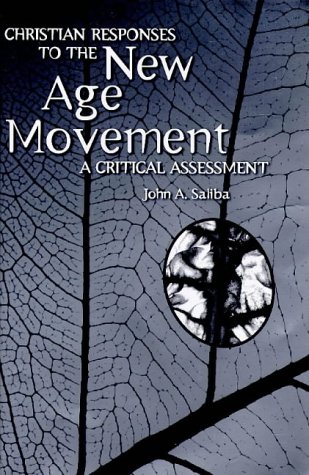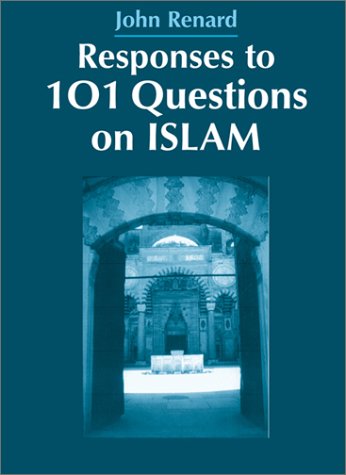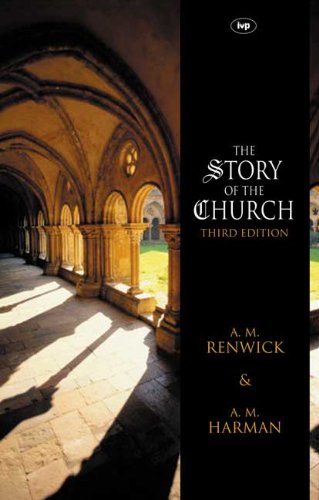Women, Abuse and the Bible: How Scripture Can Be Used to Hurt or to Heal
Written by Catherine Clark Kroeger and James R. Beck (eds.) Reviewed By Sharon JamesThis is a compilation of some of the papers read at a consultation convened by Christians for Biblical Equality. The authors share a conviction that violence is common in conservative Christian circles, and that a hierarchical understanding of headship and submission is a major factor.
The first section explores the ways in which Scripture can be used to hurt. Carolyn Holderread Heggen argues: ‘the longer I listen to stories of family abuse, the more I am convinced that we cannot both support patriarchy and stop domestic abuse … We must stop honouring the curse of sin on male-female relations by upholding a dominance-submission model’ (18). David M. Scholar’s chapter on ‘Headship’ concludes ‘I am fully convinced that the Bible does not institute, undergird, or teach male headship and female submission, in either the traditionalist or complementarian forms of evangelical thought …’ (51).
Diane Langberg’s excellent chapter on ‘Clergy Abuse’ highlights the pressures which can lead to ministers becoming abusers. Shirley Gillet pleads with churches to become ‘safe places’ where women can expect help: if there are no women leaders then abused women feel that there is no-one to turn to. Many victims find that male elders often minimise their pleas, make excuses for violent men, and imply that the victim is in some way to blame.
The rest of the book focuses on ways in which the church can minister to women who have been abused. There are many helpful insights here. Craig Keener contributes a chapter on rape, which is both Biblically faithful, and pastorally sensitive. There are chapters on depression, pastoral care, providing refuge, and confronting abusers. Steven Flemming describes the common scenario that a wife is simply not believed because her husband is so ‘nice’ and explains how violent abusers use denial, minimisation and blame to cover what they are doing. He also shows that many church leaders fail to have an adequate counter to the ‘headship’ argument when that is used by the abuser as an excuse.
The overall message is that ‘wife abuse is immoral and will not be tolerated’ (185). But the implication that only egalitarians oppose wife abuse is unjust. The Council on Biblical Manhood and Womanhood has issued a statement on abuse which includes the following: ‘In instances where abusers are unrepentant and/or unwilling to make significant steps toward change, we believe that the Christian community must respond with firm discipline of the abuser and advocacy, support and protection of the abused’.
The contributors reject the possibility of loving headship in marriage, believing that husbands who think that they have a role of ‘headship’ are on the road to exploiting and abusing that role. While it is true that some men do distort the Biblical teaching about headship to condone their own sin this does not necessarily mean that the notion of ‘headship’ has to be thrown out. Some elders abuse their authority, but we do not then dismiss the reality of authority in the church.
This book is inspired by a genuine compassion for the abused. While it contains much which is helpful, my major reservation is that it gives an altogether one-sided picture. Because when you look at the ‘rising flood of abuse and violence’ (9) in our society, it is not true that most of it is happening in conservative Christian households. Most of it is happening in what we might call ‘chaotic’ households: the results of the widespread breakdown of marriage. Children of women who go from one boyfriend to the next are in grave danger of abuse from the ‘stepfather’. The scale of human suffering caused by the breakdown of the family is of a far greater magnitude than the suffering caused by violent conservative Christian men. And while the factors behind the breakdown of the family are complex, one factor is radical feminism, and the common belief that a woman is better off ‘independent’ of a man. Thus to place blame for the ‘rising flood of violence’ on those who maintain a traditional understanding of Scripture is breathtakingly incongruous.
Sharon James
Leamington Spa







